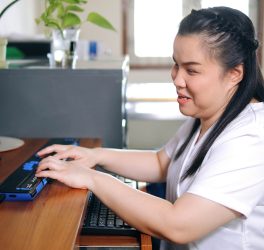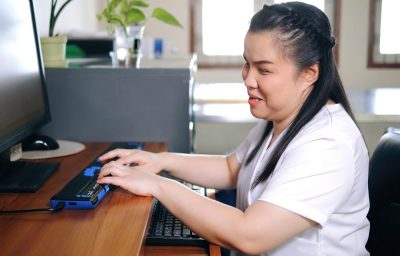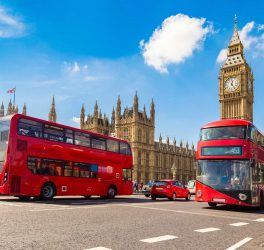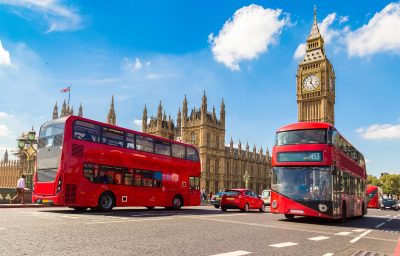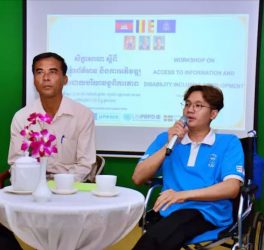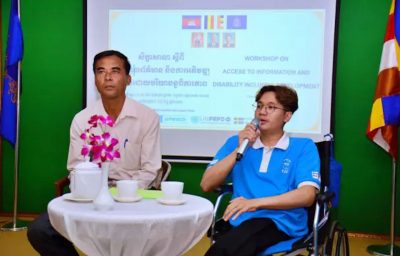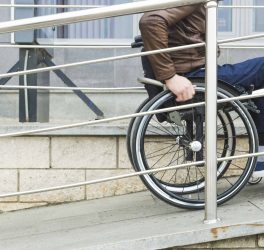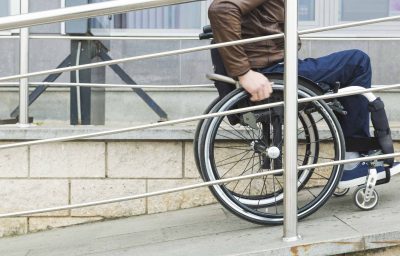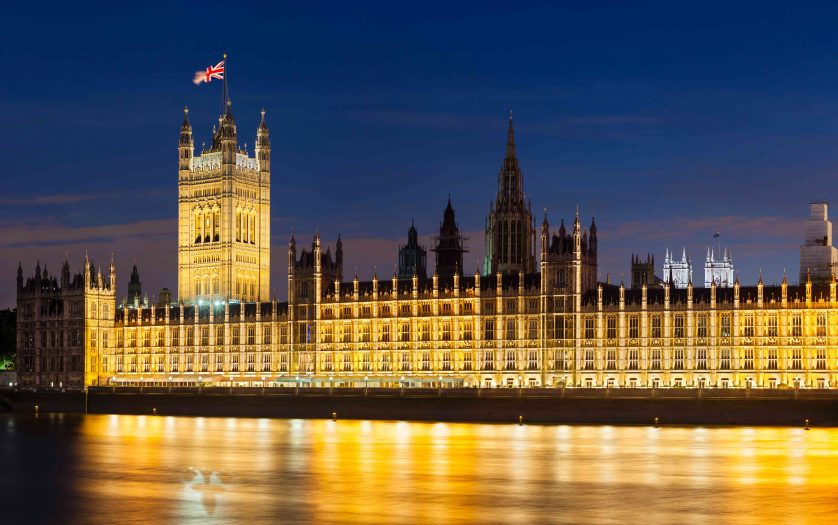
A major new study will show how Parliament can be better adapted for politicians with physical and mental health difficulties.
Less than 1 per cent of MPs and 11 per cent of peers, have disabilities, compared to 17 per cent of the general public. The research will consider the impact of the different working environments in the House of Commons and the House of Lords and the lessons MPs can take from peers – who have made greater adaptions.
Dr Ekaterina Kolpinskaya, from the University of Exeter, will interview politicians to discover the practices that hinder and empower parliamentarians with disabilities in both Houses. She will recommend practices taking place in the House of Lords which can be adapted to the more partisan, publicly visible and procedurally rigid environment of the House of Commons.
Because of the older age of peers and the absence of electoral barriers there is a greater focus on enabling participation among those who have physical and mental health conditions.
This research is undertaken within the UK’s Parliamentary Academic Fellowship Scheme hosted by the Centre of Excellence for Procedural Practice.
Dr Kolpinskaya said: “Actual and perceived institutional barriers – from issues of physical access to communication to ability to participate in the full range of parliamentary activities – can hinder a disabled politician’s participation. Some feel as if they would be “undesirable” candidates and are reluctant to declare their disability. This then further reinforces the idea that disabled people make for inadequate representatives and feeds into common stereotypes around disability.
“There are opportunities for the House of Commons to learn from the Lords about how to accommodate disabled MPs while challenging preconceptions about the capacities of disabled politicians.”
Dr Kolpinskaya will interview peers and MPs, analyse previous debates and voting behaviour, as well as comments made during the previous Speaker’s Conference on Parliamentary Representation and as part of Parliament’s Restoration and Renewal Programme.
The project aims to capture the experiences of parliamentarians with disabilities and improve the inclusivity of the UK Parliament holistically.
Dr Kolpinskaya said: “It is important to capture the effects of both physical and cultural environments that vary across the parliamentary estate and both Houses of Parliament. That comparison enables developing institutional solutions and recommendations that account for the unique contexts of the UK Parliament, as well as the unique ways in which they can be managed and amended – through building consensus among MPs and peers, which is a lengthy process.”

